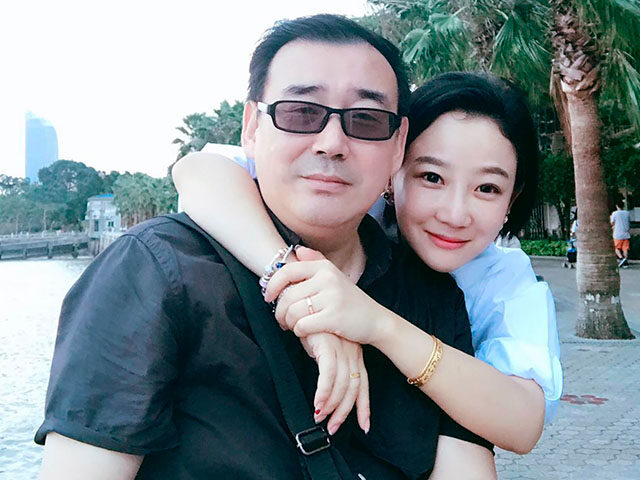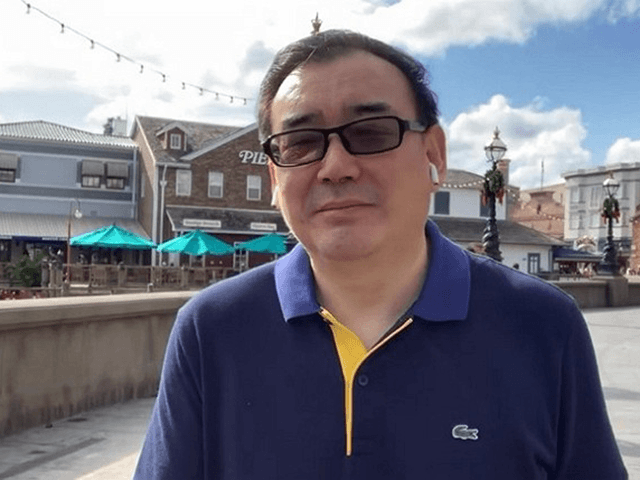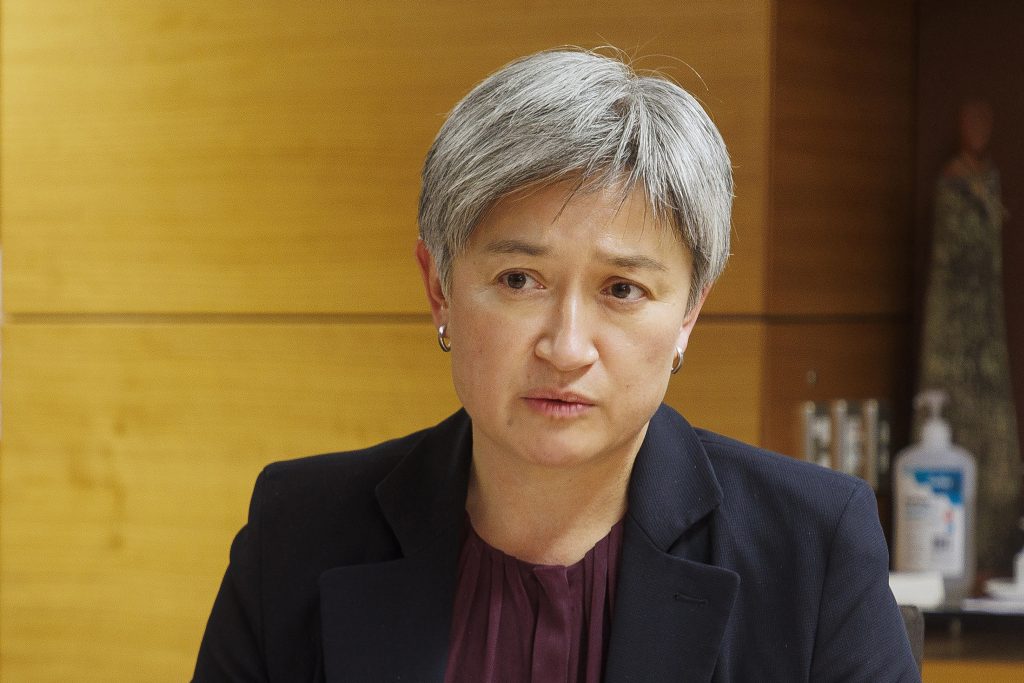A court in Beijing on Monday sentenced Australian writer Yang Hengjun to a “suspended death sentence” on espionage charges — effectively sentencing him to life in prison.
Australia responded with shock and outrage, denouncing the sentence as an “appalling” threat to improved relations with China.
Yang Hengjun, born in China in 1965 under the name Yang Jun, worked for the Chinese Foreign Ministry and Ministry of State Security before taking a private-sector job in Hong Kong. From there, he decided to emigrate to Australia in 2002, and also lived in the United States for a time, holding a position at Columbia University as a visiting scholar. In recent years he worked as a political pundit, blogger, and writer of espionage novels.
RELATED VIDEO — Dem Rep. Krishnamoorthi: I Wanted to Hear More from Biden on Human Rights, Reducing CCP Economic Aggression:
Yang is a pro-democracy political activist, which drew the baleful attention of his former employers at the Ministry of State Security. In January 2019, he traveled to China with his wife, a Chinese citizen with permanent residency in Australia, and her child. Yang’s wife and the child were allowed to enter China, but he was arrested at the airport and has been held in “pre-trial detention” ever since.
Yang’s fateful trip to China was made at the height of the Hong Kong pro-democracy movement, which the Chinese Communist Party would eventually crush with a tyrannical “national security law,” and also at a time of tense relations between Australia and China. The Australian government and human rights groups have frequently protested his detention over the years, describing him as a political prisoner and criticizing his long-delayed and utterly opaque “trial” as a mockery of legal proceedings.
“He has had delayed and limited access to legal representation, a closed door trial – and Yang himself has alleged torture and forced confessions during his interrogations,” Human Rights Watch Asia Director Elaine Pearson told the BBC on Monday.
Yang suffered through a secret closed-door “trial” on vague espionage charges three long years ago. In August 2023, he told supporters he was in great pain from an untreated cyst on his kidney, and feared he might die before learning of his court verdict.
“If something happens with my health and I die in here, people outside won’t know the truth. That is frustrating. If something happens to me, who can speak for me?” he said in August.
On Monday, a court in Beijing pronounced him guilty and sentenced him to death, as well as confiscating all of his personal property. The death sentence was “suspended,” which essentially gives him two years of probation from being executed. If the Chinese regime does not decide to kill him after two years, his sentence will automatically be commuted to a lengthy prison term, possibly the rest of his life.
Yang’s lawyer in Australia, Robert Stary, pointed out on Monday that Yang’s legal team still does not know exactly what offense he has been charged with.
RELATED VIDEO — Khanna: Newsom Should Have Been Tougher on China When He Visited:
“We don’t know for instance, whether it’s as a consequence of his writings as a democracy activist, or a blogger or an academic. He’d spent long periods in the US. So we don’t know whether it’s suggested he’s spying for Australia, or the US, or Taiwan or whoever it might be, if that’s the allegation,” Stary said.
“He is punished by the Chinese government for his criticism of human rights abuses in China and his advocacy for universal values such as human rights, democracy and rule of law,” Yang’s friend and fellow scholar Feng Chongyi said in response to the verdict.
“It is absolutely outrageous they can provide no evidence for these politically motivated charges,” Feng said.
Feng said it would be “morally indefensible” for Australia to prioritize good economic relations with China over its commitment to “the dignity, basic human rights, even the life of an Australian citizen” by accepting Yang’s sentence.
Australian Foreign Minister Penny Wong said her government was “appalled” by the sentence and would make a formal diplomatic protest to China, but she came up short of saying Australia might recall its ambassador from China or take other concrete steps to oppose Yang’s treatment.
“This is harrowing news for Dr. Yang, his family and all who have supported him,” she said. “Australia will not relent in our advocacy for justice for Dr. Yang’s interests and wellbeing. All Australians want to see Dr. Yang reunited with his family.”
Wong denied accusations that her government had not done everything it could to press for Yang’s freedom.
“The Australian government has advocated for Dr. Yang with China at every opportunity and at the highest levels. We have consistently called for basic standards of justice, procedural fairness and humane treatment for Dr. Yang, in accordance with international norms and China’s legal obligations,” she insisted.
Lowy Institute Senior Fellow Richard McGregor told the Sydney Morning Herald (SMH) on Monday that the severity of the sentence handed down to Yang has stunned the Australian government, but it will eventually recover from its surprise, and relations with China will almost certainly suffer.
“It displays on a wide screen the opacity of the Chinese legal system, its imperviousness to reasonable requests by foreign governments on behalf of their citizens and its vindictiveness to people who challenge it,” McGregor said.
“This sentence is at the most extreme end of the spectrum in terms of what could have been expected. The inescapable conclusion is that he will die in prison,” he added.
Australian Strategic Policy Institute (ASPI) executive director Justin Bassi called Monday’s ruling an “appalling” exercise of China’s “hostage diplomacy.”
“This ruling shows up as farcical any Chinese government claim to be seeking a better relationship with Australia. ‘Stabilization’ to Beijing means pressuring Australia into a permanent state of silence and submissiveness,” Bassi told the SMH.
Chinese Foreign Ministry spokesman Wang Wenbin rejected criticism of the Yang sentence on Monday, insisting the Australian writer was tried in “strict accordance with the law” and Yang “fully exercised his procedural rights.”



COMMENTS
Please let us know if you're having issues with commenting.